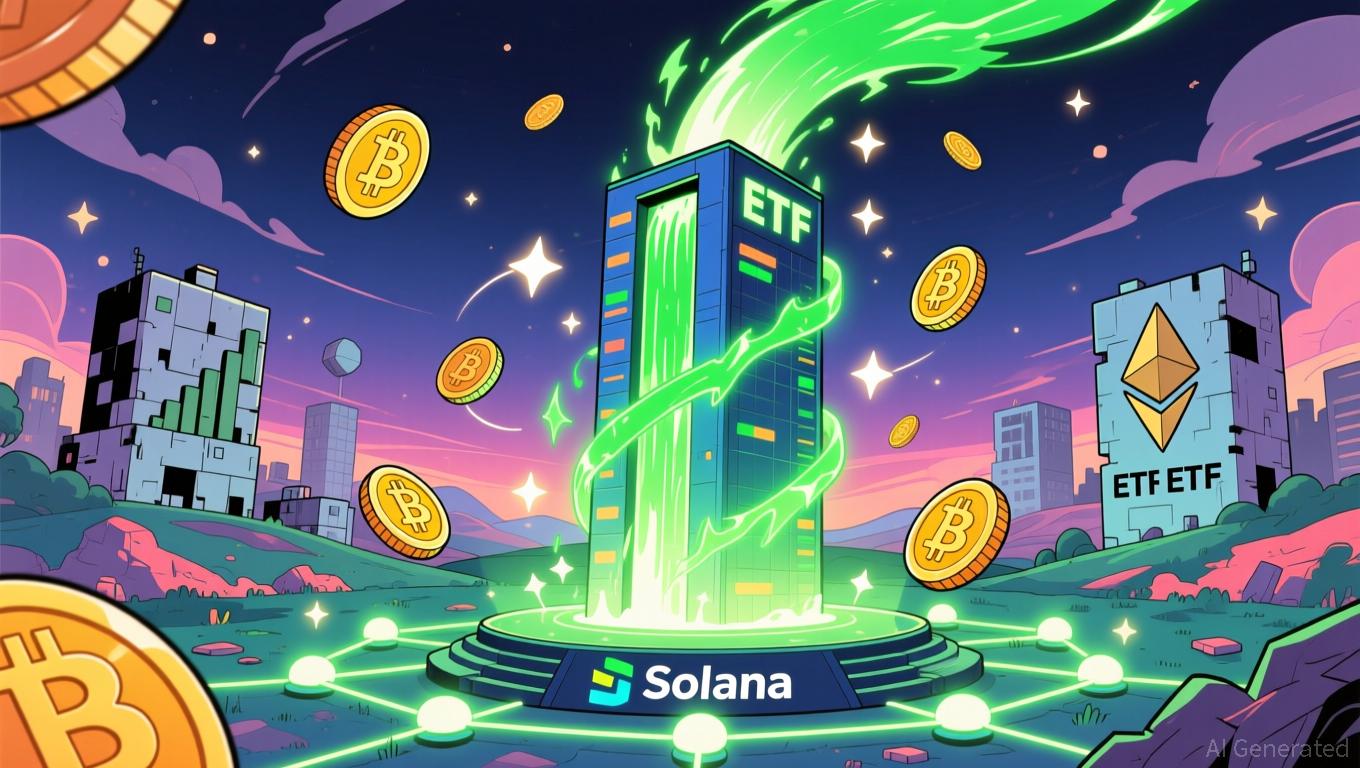Market Prediction Startup Reality: It is currently the VC holding the money seeking product stage
In the prediction market space, entrepreneurship can be divided into two types: one is to focus on the market itself, while the other is to sell the shovels. The former relies mainly on differentiation, while the latter has a higher level of certainty.
Original Author: Tykoo, Paramita Capital Investment Guide
When it comes to predicting the market, for a new asset class, it is currently the stage where VCs are holding money and looking for products.
1. Paradigm wants to invest specifically in a moonshot, axiom, or bonkbot designed for the prediction market, presenting an opportunity similar to GMGN made for the meme era.
2. Boost VC wants to invest in PolyMarket's fund or launch one themselves.
3. YZI Lab was previously focusing on the BNB trading market itself. (Essentially making a difference with GTM)
Previously on show and chatting with , some ideas were briefly mentioned, and I thought of sharing them here:
- In the prediction market, create a DeFi-like play, where I stake my tokens to borrow and lend USDC to further increase the market probability, similar to a play involving flash loans. By using small funds to increase a market's probability, essentially, it is about publicity.
- Enable users to place private bets, similar to exploring the idea of placing anonymous orders on Aster, protecting the privacy of insiders in the prediction market.
- Provide incentives to market creators, such as me proposing a "Hu Chenfeng will open a Twitter account/join the crypto circle by June next year," then have a market created for it, with 1% of the transaction fee going to me.
- Implement social play or provide SDKs to various exchange platforms, essentially having an underlying ability to launch products, engaging customers to drive traffic and frontend through TOBTOC.
- Following the above logic, rebuild various social platforms, such as creating a live streaming platform, which is more internally consistent than pumping.
- Leo also suggested using prediction markets for governance, which I found particularly interesting, selecting leaders and management teams through prediction markets or using real money for DAO governance.
In actuality, entrepreneurship in the prediction market is divided into two main categories: building the market itself and selling the shovel. The former relies primarily on differentiation, while the latter has greater certainty:
The differentiation of building the market itself mainly lies in three aspects,
- The first is the infrastructure layer, where you will see various curves attempting to enter the market without permission, oracle solutions using AI for settlement... and so on.
- The second is GTM (go-to-market) focused on regional markets, such as Europe, America, Russia, etc., each with its own unique focus without geographical constraints.
- The third involves innovation at the product level, introducing various play-to-earn mechanics, such as up-and-down market movements, betting mechanics, hardware wallet integration targeting a specific market, and various gambling-like mini-games. All the aforementioned ideas fall into this category.
Ideas related to selling shovels are generally more grounded and have a higher degree of revenue certainty:
- Following whales' bots, starting with growth within Telegram and gradually evolving into data-oriented tool products.
- Building arbitrage bots across different markets, employing a nof1-like strategy, enabling agents to express opinions, and utilizing a public fundraising/a meme strategy for GTM.
- Selling information products to the financial market, creating positive externalities from predicting market information.
- Additionally, engaging in various "watchdog" activities (predictive markets), targeting different verticals such as football, where there is undoubtedly user demand for data.
Disclaimer: The content of this article solely reflects the author's opinion and does not represent the platform in any capacity. This article is not intended to serve as a reference for making investment decisions.
You may also like
Solana News Today: The Rise of Stablecoins Indicates Investors Are Favoring Stability Instead of Riskier Protocols
- USDC stablecoin surpassed Solana (SOL) in market cap, signaling a shift toward stablecoins over volatile protocols. - Solana Company reported $352.8M Q3 2025 net loss, driven by derivative liabilities and unrealized treasury losses. - USDC's growth stems from institutional partnerships, including Parfin and Orobit.ai, aligning with pro-crypto regulatory trends. - Coinbase's ETH-backed USDC loans and infrastructure expansion highlight stablecoin utility in bridging traditional and crypto finance. - Market

Solana News Today: Staking Drives Altcoin ETF Boom as Investors Look for Returns Outside of Bitcoin
- Solana ETFs attract $476M inflows since October 28, driven by staking rewards and lower fees compared to Bitcoin/Ethereum ETFs. - Bitwise's BSOL dominates with 89% of inflows, leveraging 0.20% fees and on-chain staking to generate returns for investors. - Despite ETF growth, Solana's price remains below key EMAs at $141, with analysts warning of potential support tests below $120. - Bitcoin/Ethereum ETFs face outflows as investors shift toward yield-generating altcoin products, signaling market strategy

Zcash Halving Scheduled for November 2025: How Supply Disruptions Are Influencing Institutional Crypto Investment Strategies
- Zcash's 2025 halving reduced block rewards by 50%, intensifying deflationary pressure and triggering a 750% price surge to $680. - Institutional investors like Cypherpunk and Grayscale allocated $287M to Zcash, citing its 3.5% inflation rate and privacy-focused proof-of-stake model. - Regulatory scrutiny labeled Zcash an "anonymity-enhancing asset," but optional privacy features and AI compliance tools help institutions navigate risks. - Market volatility and competition from newer privacy protocols pose
Zcash (ZEC) Price Rally: Is the Privacy-Focused Cryptocurrency Poised to Enter the Mainstream?
- Zcash (ZEC) surged 472% to $420, driven by institutional investments and regulatory clarity in 2025. - Grayscale and Cypherpunk Technologies allocated $137M and $150M to ZEC, citing its compliance-ready privacy model. - U.S. Clarity/Genius Acts enabled Zcash's selective transparency, bridging privacy with AML requirements for institutional adoption. - Regulatory risks like FinCEN's "mixer rule" and developer scrutiny persist, testing Zcash's balance between privacy and compliance. - Zcash's institutional
